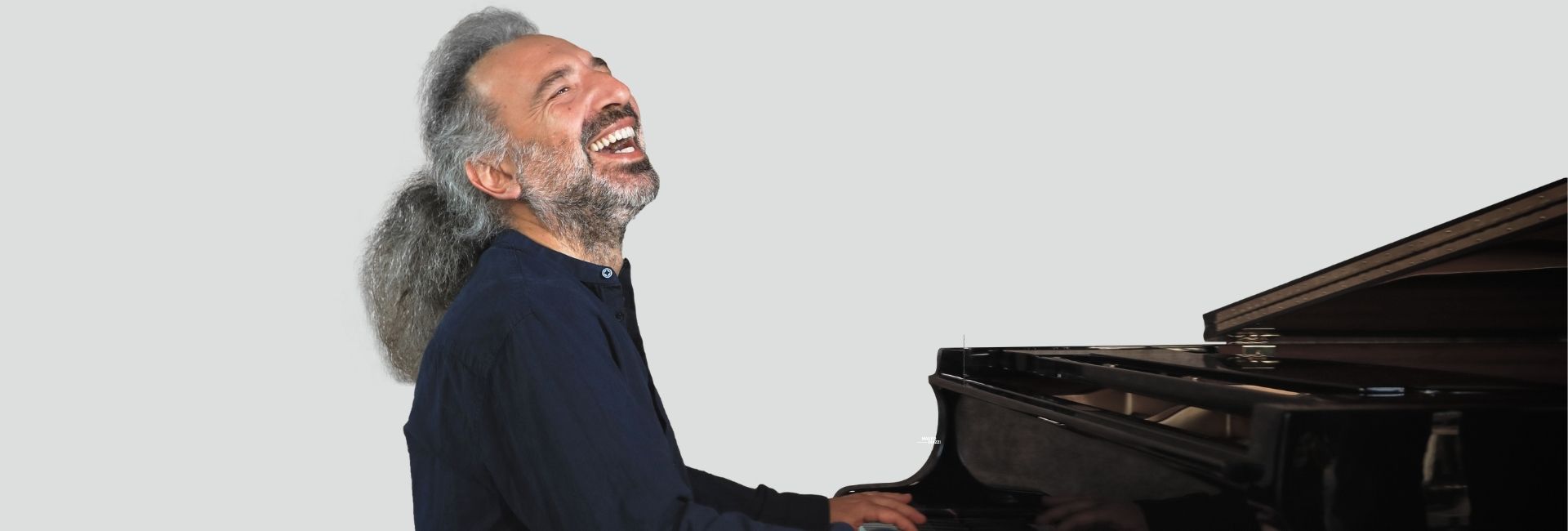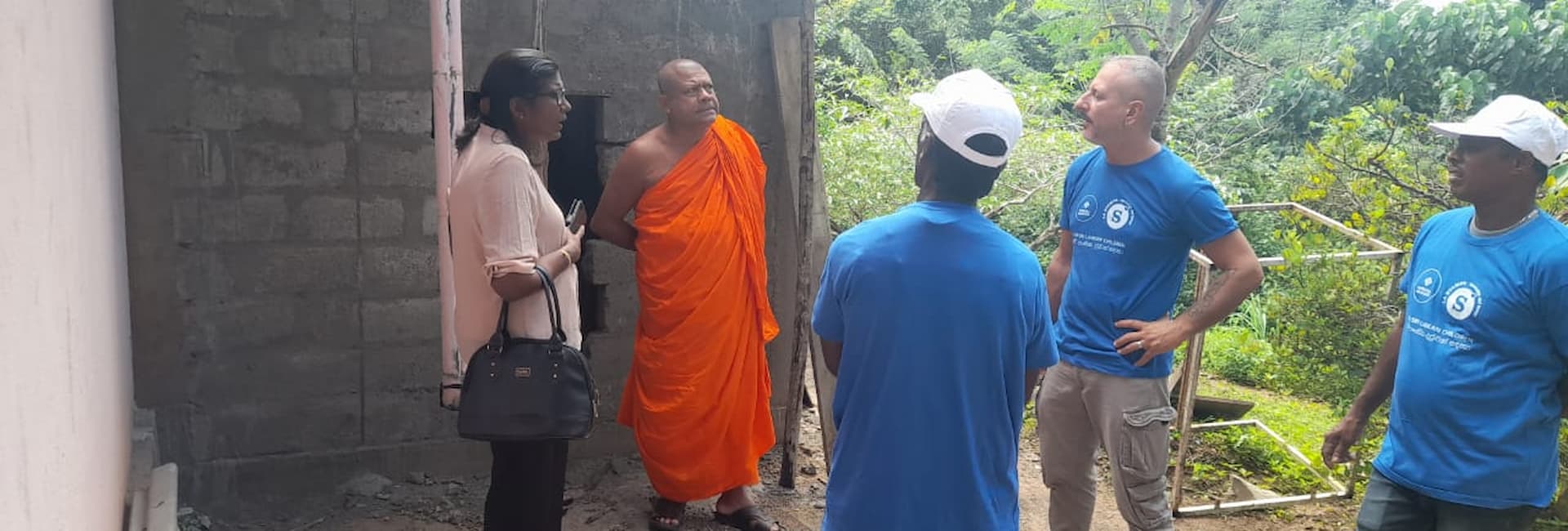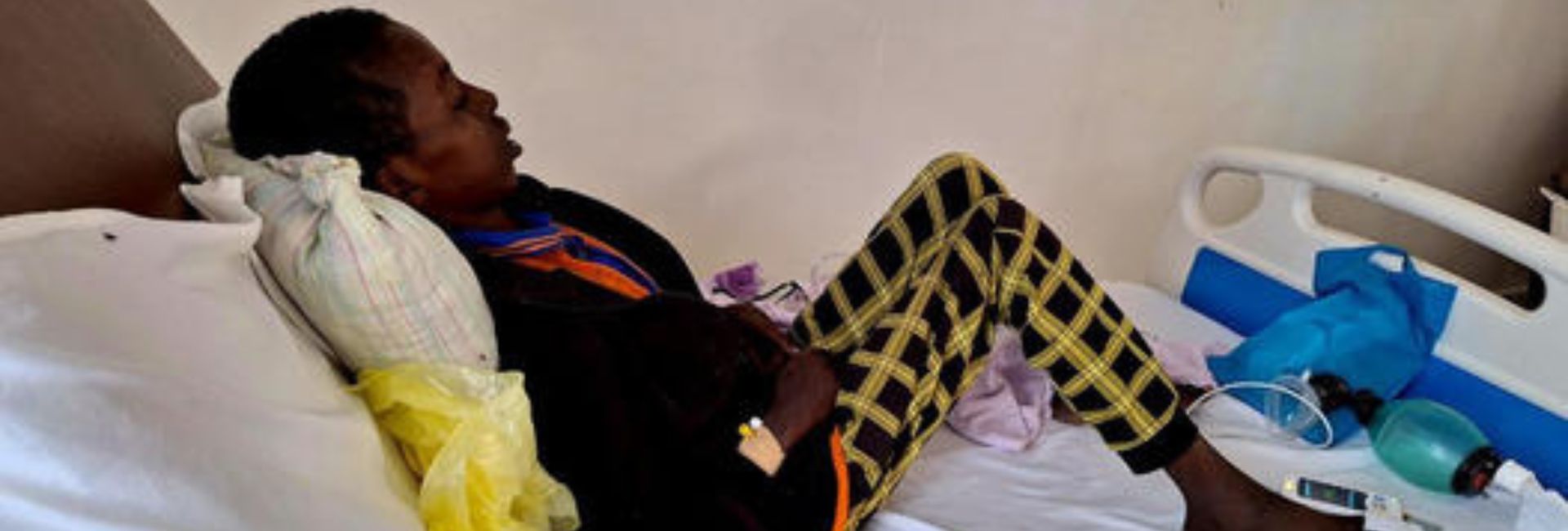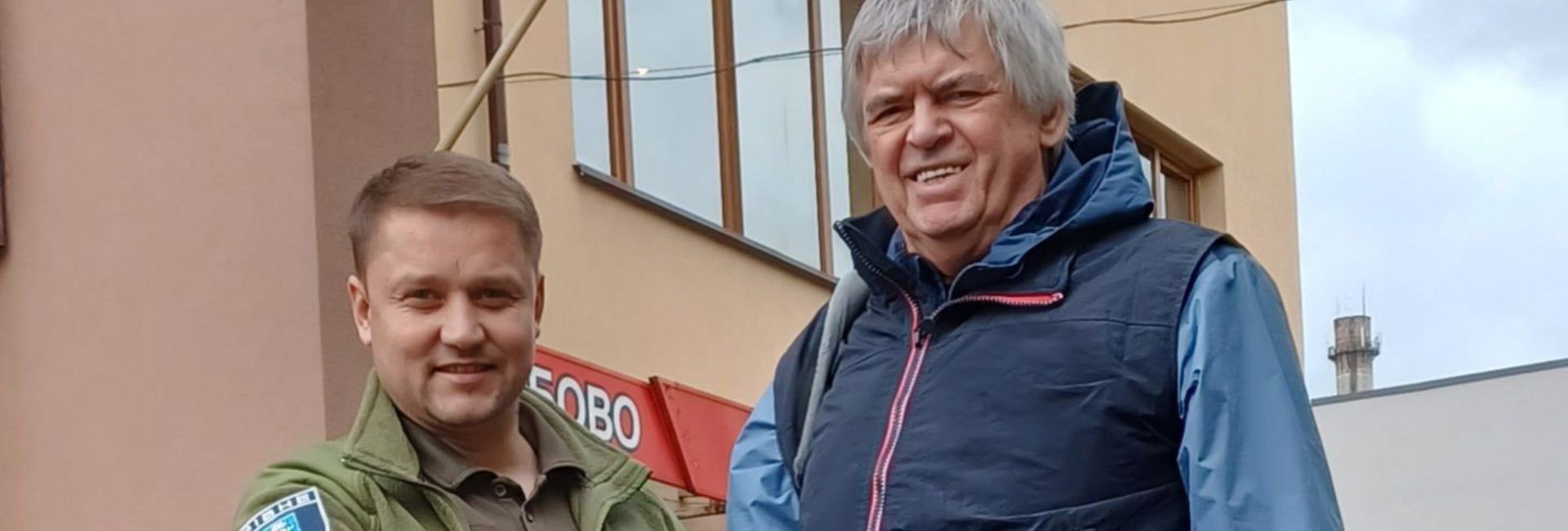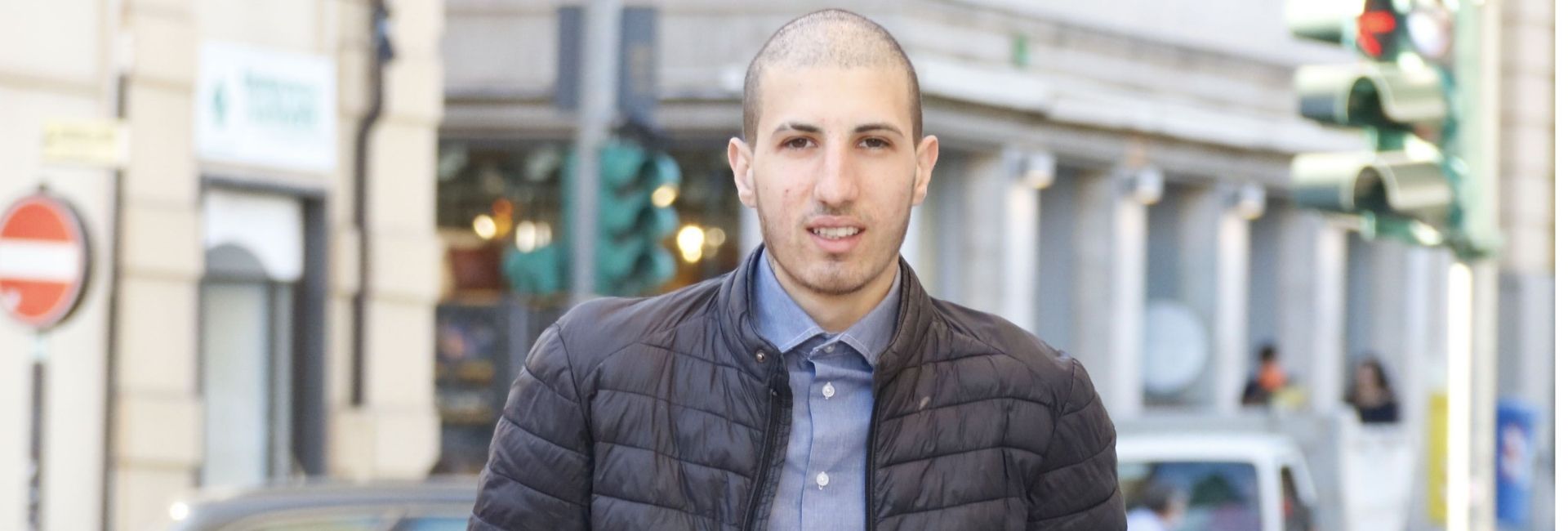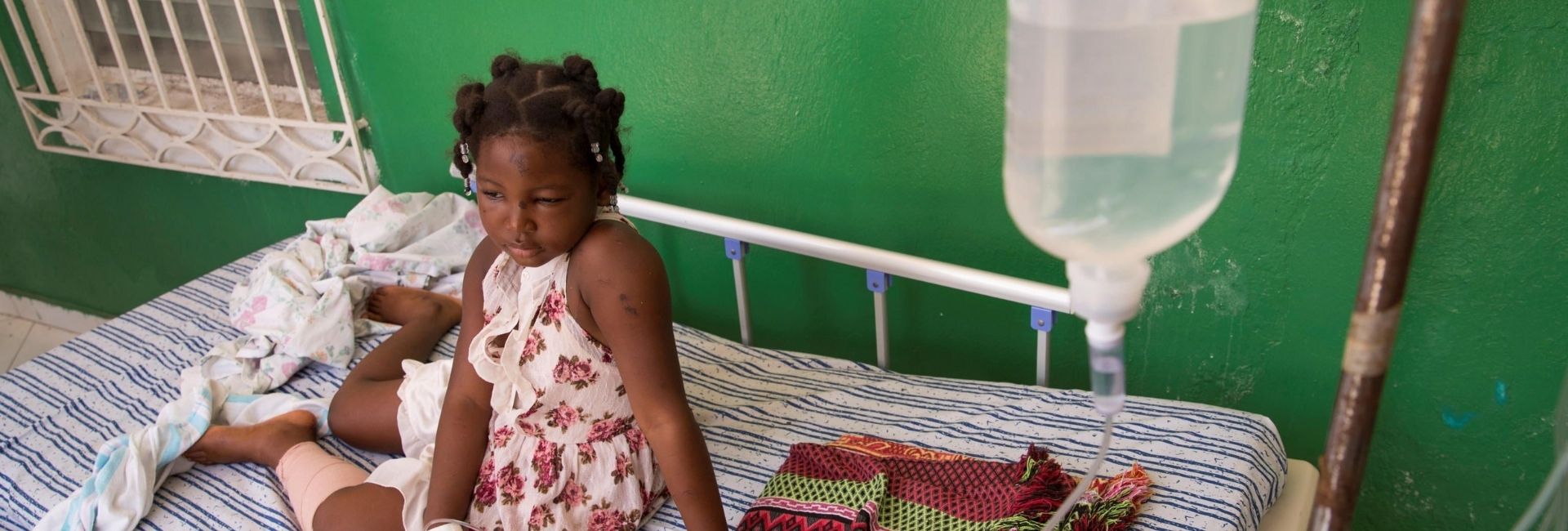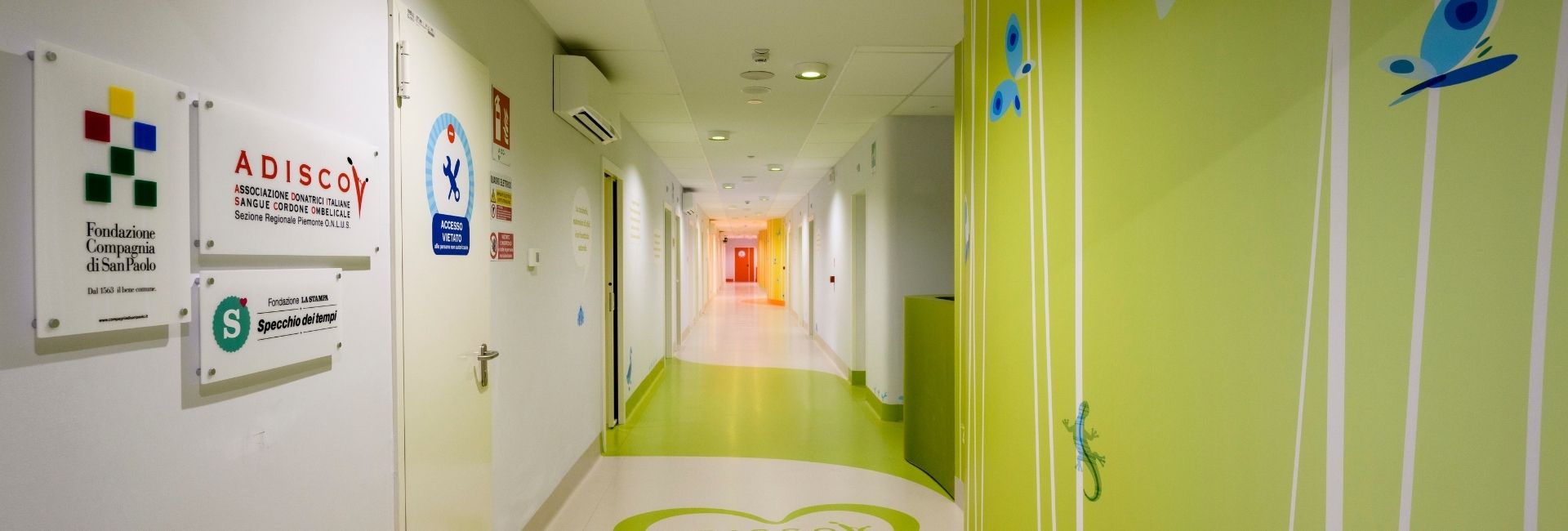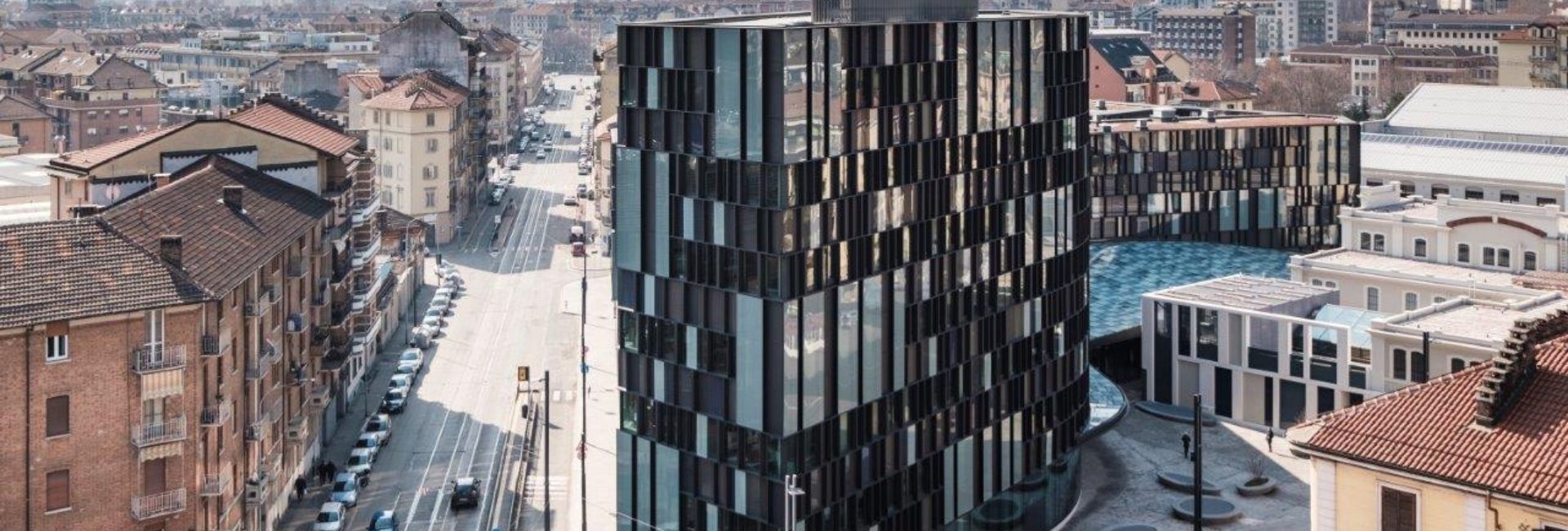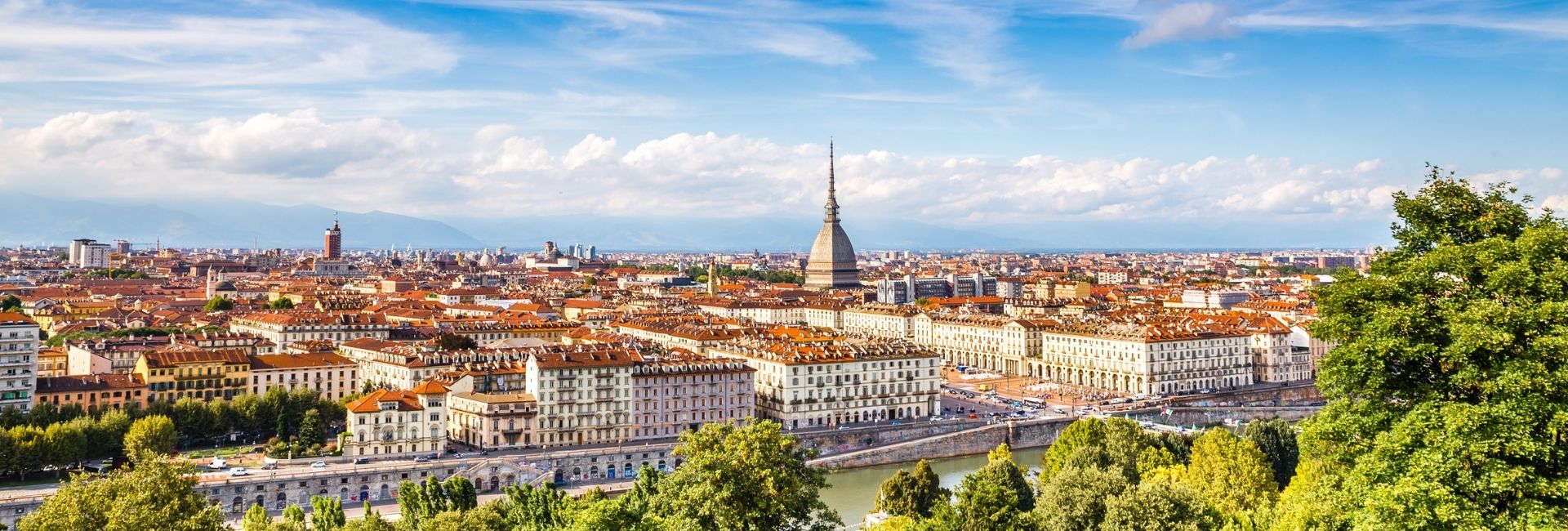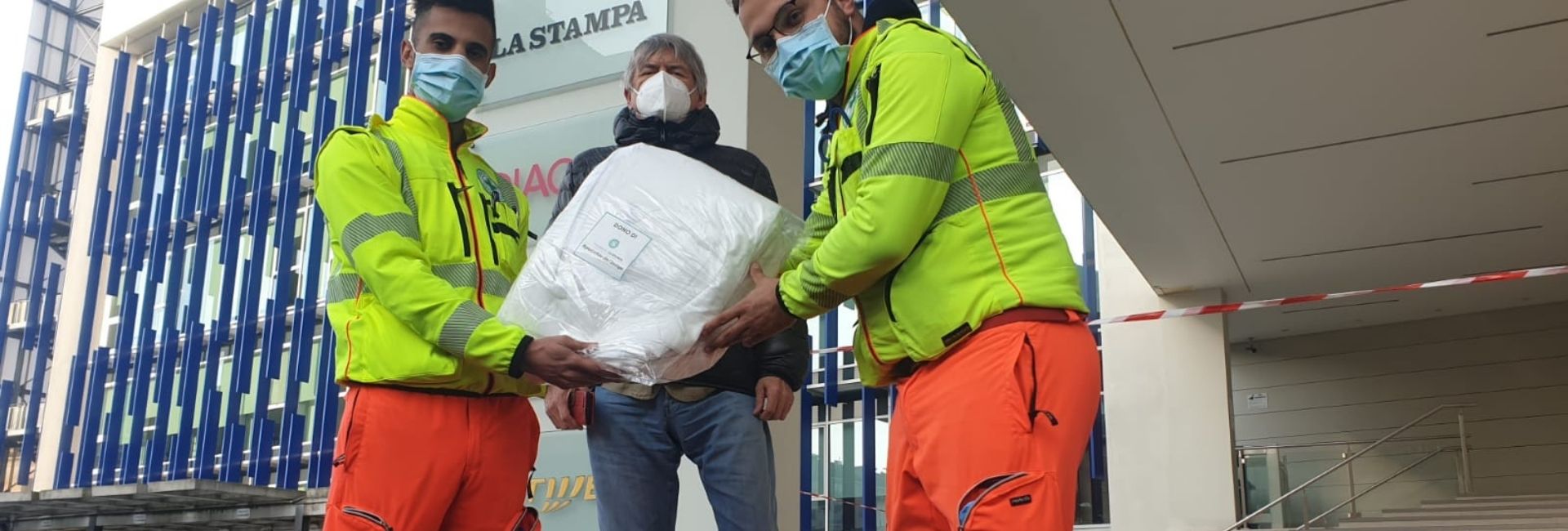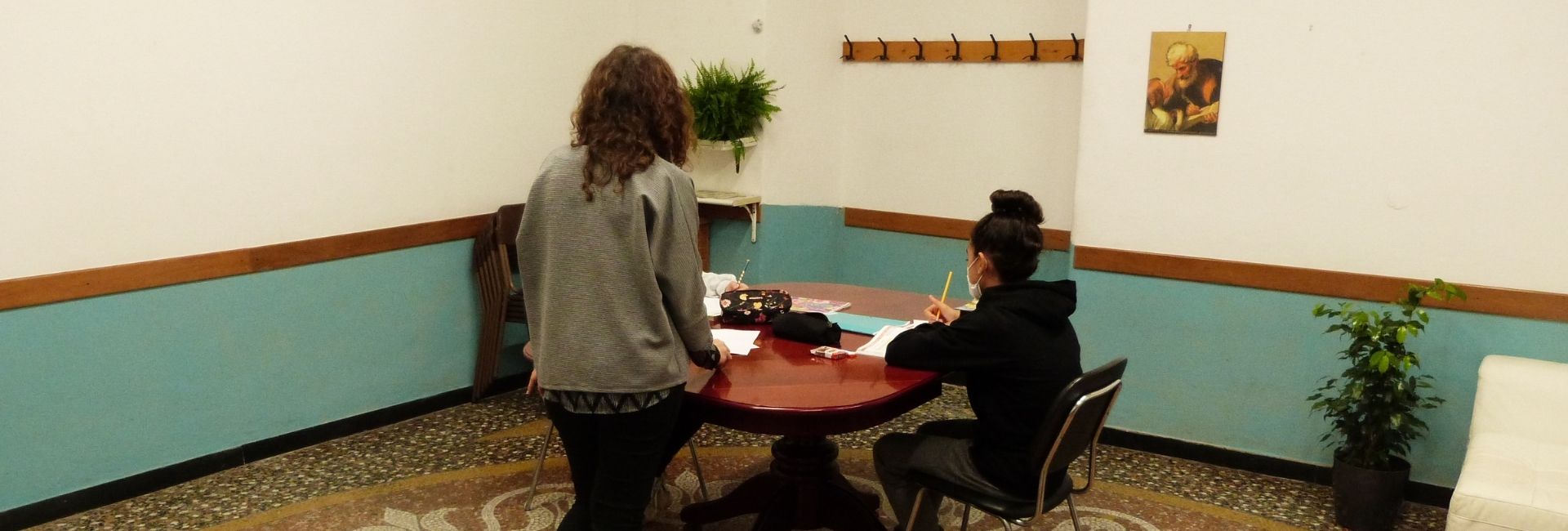Press Release
The new pediatric Oncohematology Outpatient Clinics of the Regina Margherita Children’s’ Hospital of the City of Turin were inaugurated today (under the direction of Professor Franca Fagioli) with an area of about 1120mq, in which there are twelve outpatient clinics, two doctors’ offices, three offices, three hospital rooms and an area dedicated to hospital staff.
The intervention required major investments, amounting to about 1 million 500 thousand euros, and about 6 months of work. This project, carried out with the support of € 600,000 from the Compagnia di San Paolo Foundation and € 300,000 from the La Stampa – Specchio dei tempi Foundation, is the fifth important milestone for the Piedmont section of the ADISCO Association, chaired by Francesca Lavazza.
The Outpatient Clinics for Paediatric Oncohematology, located on the first floor of the Regina Margherita Children’s Hospital in two sections, have been the subject of an extraordinary maintenance intervention aimed at the renewal and humanization of the spaces, in order to create conditions of well-being for both patients and staff. This project continues the work of redeveloping the healthcare environments which began with the Day Hospital and then continued with the Isola di Margherita, the Emergency Department and the Paediatric Oncohematology Department, with the aim of creating a synergistic diagnostic-therapeutic path for the patient, thanks to the creation in all environments of graphics and curved walls inspired by the variety and fluidity of nature.
In fact, nature was the theme that guided the entire surgery renovation project: the curved walls, inspired by the sinuosity of the natural world, enliven the rectilinear course of the space and offer an aesthetic and functional continuity with the other departments that have already been restructured. The project also aims to improve the usability of the spaces for both staff and users, creating new paths and adapting clinics to the criteria dictated by the most recent regulations on the prevention of the spread of coronavirus. Graphics, curved walls, colours and floor games allow young patients to feel at ease, trying to alleviate the difficulties of the therapeutic path also from a psychological point of view.
The restyling responded to the need for space optimization: the clinics dedicated to oncohematologal therapies were grouped and located in the wing along Corso Unità d’Italia, while the psychological clinics and clinical studios were separated in the wing in Piazza Polonia, to obtain a more coherent organization of functions. The Clinical Research and Development Unit is also located here. This unit which needs adequate space for the management of clinical trials in safe and controlled conditions, so as to ensure compliance with the quality and structural requirements established by current laws.
For the development of the project, the contribution and advice of the medical-nursing staff were fundamental. In several meetings, the types of spaces and the correct relationship between them were allowed to be effectively defined. In this regard, differentiated accesses for different uses and three new differentiated waiting rooms to accommodate patients destined for different therapies have been added in order to avoid the risk of infectious complications and contagion between one patient and another.
“With the new Paediatric Oncohematology Outpatient Clinics we have reached the fifth intervention for the Regina Margherita Children’s Hospital, a result that makes us very proud – declares Francesca Lavazza, President of ADISCO – Piedmont Section – even more so because it was carried out during these difficult months for the health emergency situation we are going through. The concrete and ambitious path of Adisco – Piedmont Section continues, in continuity with what my family has done in the last twenty years. As an association we are looking at the next twenty years, and certainly there are many new projects that we want to implement. Thanks to the support of important partners, such as the Compagnia di San Paolo Foundation and the La Stampa – Specchio dei tempi Foundation, and all those who responded to the appeal of Adisco – Piedmont Section, we want to be able to continue to offer the most child-friendly environment possible within a structure that represents a prestigious scientific excellence of our country, even beyond national borders”.
“Since 1563, the Compagnia di San Paolo has been an agent of sustainable development of the territories for the common good, through interventions, investments and accompanying actions that put people at the centre of everything. In this case, the main objective of our intervention is to provide greater protection in a timely manner to those who are most vulnerable, especially in situations complicated by the pandemic – explains Alberto Anfossi, Secretary General of the Compagnia di San Paolo Foundation -, while guaranteeing added value for all patients even at the end of the health emergency, through the creation of more welcoming and above all safer paths. Through the mission Promote the well-being of the Planet Objective, we want to stimulate actions that allow the health system to improve efficiency and offer high-level assistance through organizational and management innovation in health, especially if associated with a technological dimension. Our mission – adds Anfossi – is also part of the collaboration with ADISCO Piedmont Section, which has seen us involved together in the previous renovations in favour of the Regina Margherita hospital. It is based on a virtuous model of collaboration between the public health company and the private one, capable of achieving a positive leverage effect: by combining the resources of two or more private entities, one intervenes in the spaces of a public body by delivering a complete, compliant work to all the required regulations in a short time. ”
“Specchio dei tempi confirms its commitment to supporting Turin’s public health, continuing to invest in improving the quality of care services and, as always, with particular attention to children. At the same time, prompt actions and initiatives continue to respond to the consequences of the pandemic in support of health care, families and the most vulnerable elderly, schools and small businesses. All this is possible thanks to the generosity of thousands of donors from Italy and abroad which made it possible to distribute over 9 million euros in Piedmont,” said Lodovico Passerin d’Entrèves – President of the La Stampa – Specchio dei tempi Foundation ONLUS.
“We thank Adisco Piedmont Section, the Compagnia di San Paolo Foundation and the Specchio dei Tempi Foundation for the realisation in record time of these Oncohematology clinics, designed and made to measure for our young patients. The restructuring of our Regina Margherita Children’s Hospital continues on a path of renewal not only in a diagnostic and therapeutic way, but above all in humanisation, which now distinguishes our hospital for children and their families. I want to underline again that this is the first major work that we have inaugurated after the death of Mrs. Maria Teresa Lavazza, who had always been committed to this very direction of renewal and humanisation of our Regina Margherita hospital” declares Giovanni La Valle, Director General AOU – City of Health and Science of Turin.
“The new department – says Franca Fagioli, Director of Paediatric Oncohematology and Full Professor of Paediatrics at the University of Turin – was designed with particular attention to the privacy and comfort of young patients and their families, renewing the environment of the outpatient clinics to meet the technical needs of medical staff but also offering children and young people a playful and peaceful space to receive the best treatments from a psychological point of view. In fact, it has been demonstrated that the possibility for children and adolescents to use spaces for play, education and leisure in general has a positive impact on the recovery process”.
The attention to spaces designed for the psychophysical well-being of patients, also in respect of the different needs of age, is finally the main theme of the new volume “Humanization, places, care”, edited by ADISCO – Piedmont Section in collaboration with various authoritative scientific voices, which traces the interventions of the Association that have taken place over the years within the hospital with close collaboration between public and private bodies of the third sector.
The renovation project of the paediatric Oncohematology clinics, as well as the four previous interventions carried out in recent years, is by Studio Miroglio + Lupica Architetti Associati and intends to give continuity to a concept of “humanised” hospital architecture that promotes the development of environments capable of responding concretely to the needs and requirements of young patients in care.
With a solid scientific basis offered by the interventions of Prof. Rossano Albatici (Professor of Technical Architecture of the Department of Civil, Environmental and Mechanical Engineering of the University of Trento), of Prof. Franca Fagioli (Director of the Department of Pathology and Child Care of the Regina Margherita Children’s Hospital in Turin) and of Studio Miroglio + Lupica Architetti Associati, – retracing the 5 major renovations carried out by ADISCO Piedmont Section inside the hospital – the importance of guaranteeing not only advanced medical therapy but also a high quality of life is told: a factor that has a positive impact on the recovery process, especially when the patients are children and adolescents.
The ribbon cutting ceremony was attended by Alberto Cirio (President of the Piedmont Region), Chiara Appendino (Mayor of the City of Turin), Luigi Genesio Icardi (Councilor for Health, Essential Levels of Assistance, Healthcare Construction of the Piedmont Region), and Stefano Geuna (Rector of the University of Turin).

